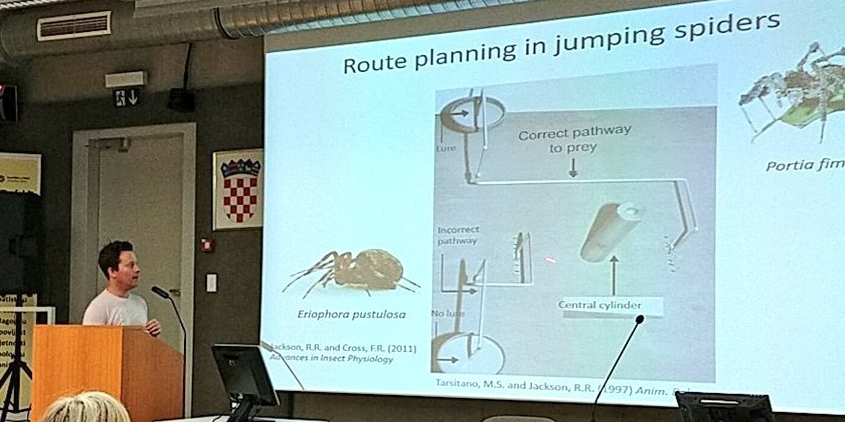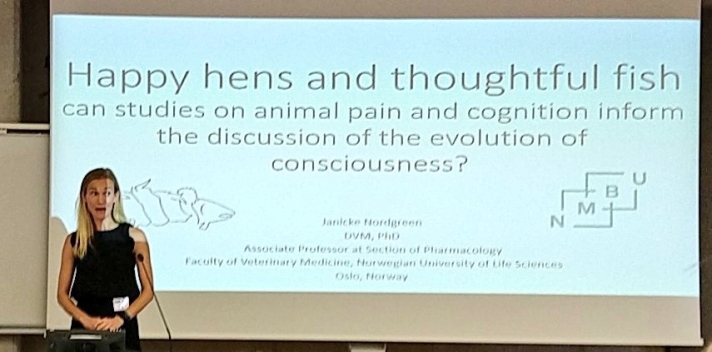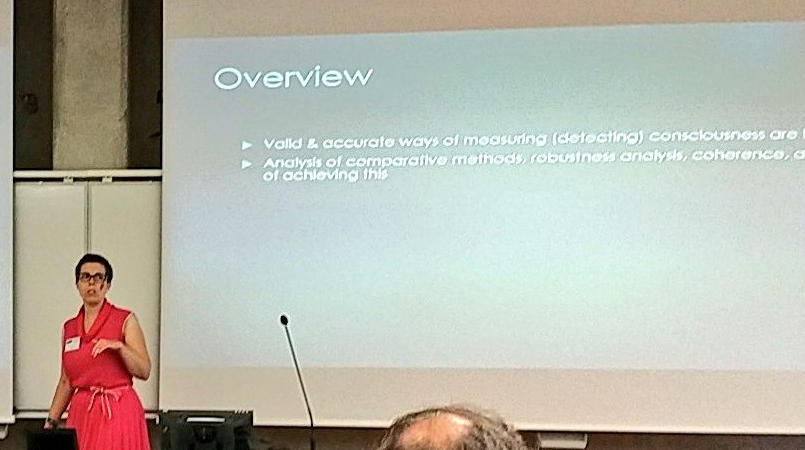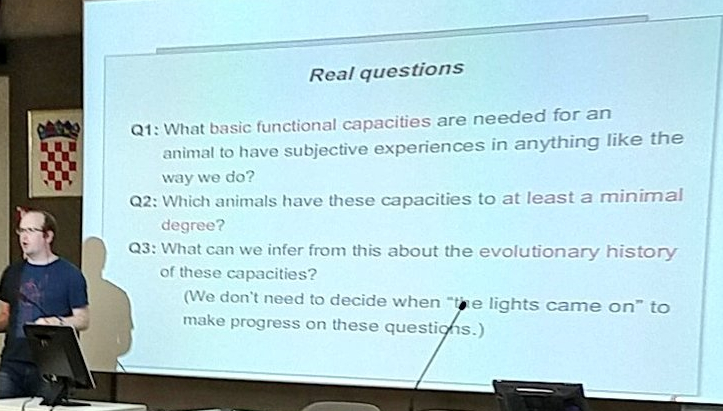In September 2023 I left my role at Cardiff, to a) take a much needed break, and b) move on to another career. I (mostly) didn’t leave academia for the usual reasons, but because I wanted new challenges, and academia did not seem the best place to find them anymore.
While in a sense academic research is always ‘new’ (though I think that’s kind of debatable), academic jobs are fairly repetitive. You’re supposed to get better at doing things over time, but you mostly do the same stuff. I am about as good at writing papers, and teaching, as I think I’m ever going to be. There are things I’m bad at (e.g. grant writing) but never had much motivation to get better at. I had a fairly major administrative/management role (director of teaching/taught programmes for philosophy), which I found very challenging in a number of ways and enjoyed getting better at, but universities are not great places to be if you’re actually interested in those kind of roles and are reasonably good at them. You get very little professional support or training, and other academics either think you’re an idiot and pity you, or think you’re some kind of power-mad evil person.
However, the things I’m most proud of from my years at Cardiff came from that role. l was involved in setting the direction of the philosophy department by being involved in hiring over half of our (very awesome) staff and mentoring them in our distinctive lecture-free and actively research-led teaching practices. Through this, Cardiff has grown to have one of the biggest undergraduate philosophy programmes in the UK, which (as far as we can tell) is because we have the most exciting and interesting programme in the UK (go check us out!). I also recently led on a huge project to redesign all our taught programmes, which cements our existing approaches but makes them better still. And this in turn means we can keep growing our numbers of staff.
This work was often just as intellectually challenging as my research and draws on much of the same skill set (critical evaluation of evidence, problem solving, and all that). And thanks to my very open minded head of department, our teaching programmes and the people we hired are a fairly radical and very practical answer to metaphilosophical questions about what philosophy is or should be as a discipline and a degree programme, and what skills and values we think philosophers, including student philosophers, ought to have. This involved throwing out most of the rule books but so far, it all seems to be working.
Now though, I am on a break, and then on to something new. If you want to say hi, you can contact me at elizabethirv@gmail.com. And I highly recommend checking out the work of Matthias Michel and Heather Browning if you want to see what’s new in philosophy of consciousness/sentience science.





You must be logged in to post a comment.